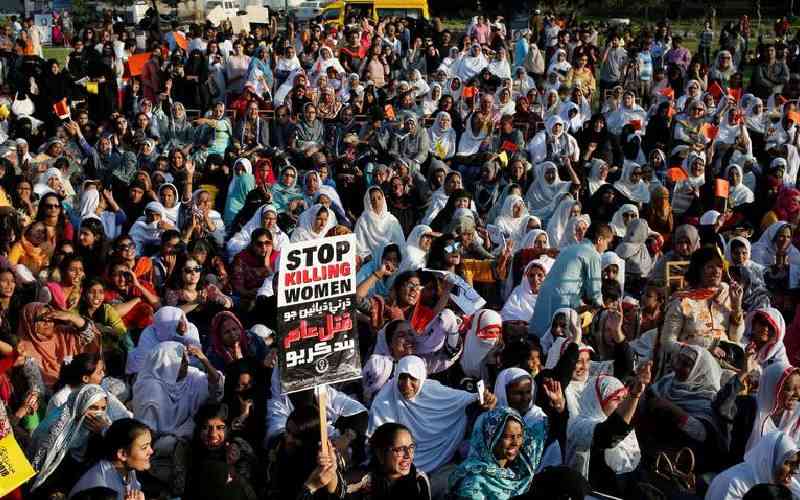×
The Standard e-Paper
Kenya’s Boldest Voice

About four million women in Pakistan’s Karachi are working in factories on a contract basis, devoid of basic rights and necessities.
Jamat-e-Islami (JI) Chief Hafiz Naeem-ur-Rehman while addressing a women’s convention in Karachi said mothers, sisters, and daughters are deprived of basic amenities amid concerns of worsening Global Gender Gap Index.